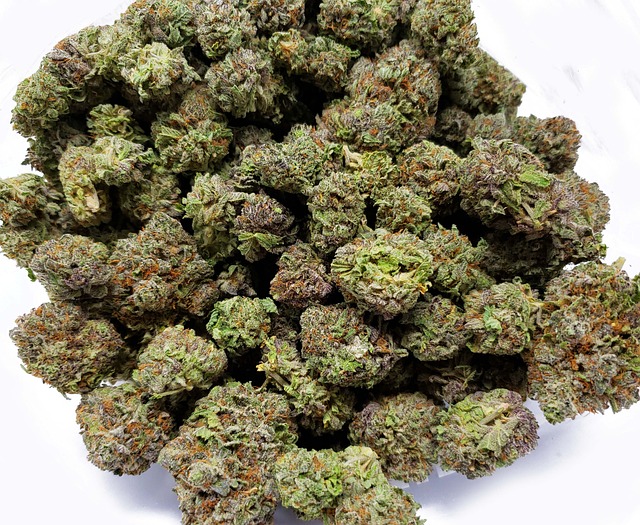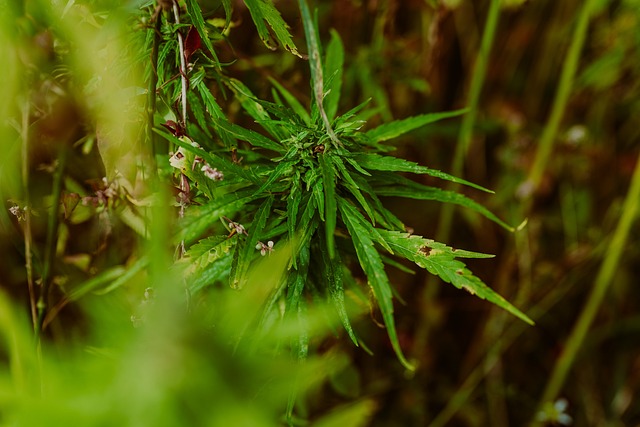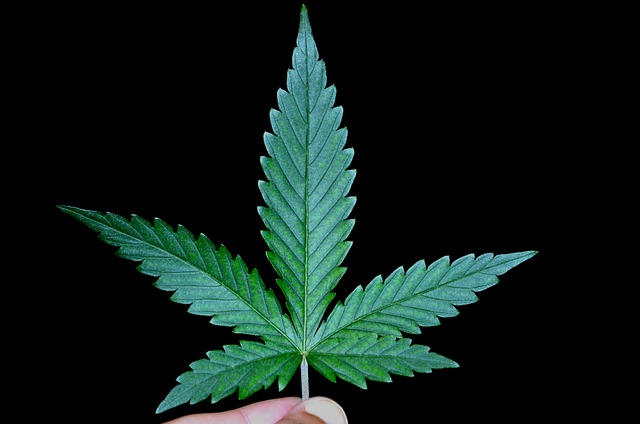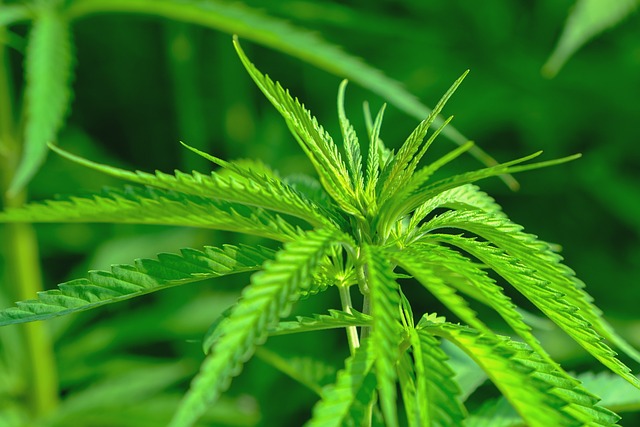Introduction
Delta-9-legal-in-Maine is a topic that has gained significant attention in recent years, particularly with the growing interest in cannabis products. This comprehensive article aims to provide an in-depth look at the concept of delta-9-legal-in-Maine, its historical context, global trends, economic considerations, technological advancements, policy and regulation, challenges and criticisms, case studies, and future prospects.
Understanding Delta-9-Legal-in-Maine
Delta-9-tetrahydrocannabinol (THC) is the primary psychoactive compound found in cannabis. The term “delta-9-legal-in-Maine” refers to the legal status of THC-derived products in Maine, USA. In 2016, Maine legalized medical marijuana through Ballot Question 5, and in 2018, recreational marijuana was legalized through Referendum 1.
Understanding delta-9-legal-in-Maine is essential for grasping its significance within the broader cannabis landscape. The legal status of THC-derived products in Maine has a direct impact on the industry’s growth, innovation, and consumer access.
Global Impact and Trends
The global cannabis market is projected to reach $73.6 billion by 2027, with the United States being one of the largest markets. Delta-9-legal-in-Maine has contributed to this growth, particularly in terms of product development and research.
Key trends shaping the trajectory of delta-9-legal-in-Maine include:
- Increased legalization: As more countries and states legalize cannabis, the demand for THC-derived products is rising.
- Product diversification: Consumers are seeking novel products with unique effects, such as edibles, topicals, and vapes.
- Research and innovation: The cannabis industry is investing heavily in research and development to create new products and enhance existing ones.
Economic Considerations
The legal status of delta-9-legal-in-Maine has significant economic implications. The recreational marijuana market in Maine generated $62 million in sales in 2020, with a projected growth rate of 10% annually until 2025.
Key economic considerations include:
- Job creation: The cannabis industry is creating new job opportunities, particularly in rural areas.
- Tax revenue: Legalized marijuana generates tax revenue for the state and local governments.
- Investment patterns: Investors are seeking opportunities in the legal cannabis market, driving growth and innovation.
Technological Advancements
Significant technological advancements have occurred in the delta-9-legal-in-Maine space, including:
- Extraction methods: Advanced extraction techniques have improved product quality and consistency.
- Product formulations: Manufacturers are developing novel products with unique effects and flavors.
- Quality control: Technological innovations have enhanced testing and quality control processes.
These advancements have enabled the creation of new products, improved consumer experiences, and increased industry competitiveness.
Policy and Regulation
The legal status of delta-9-legal-in-Maine is governed by policies and regulations at both state and federal levels. Key policy considerations include:
- Taxation: The cannabis industry is subject to taxation, which affects profitability.
- Zoning laws: Local zoning laws regulate the location of cannabis businesses.
- Labeling requirements: Products must be labeled accurately to ensure consumer safety.
Understanding these policies and regulations is crucial for navigating the delta-9-legal-in-Maine landscape.
Challenges and Criticisms
The legal status of delta-9-legal-in-Maine faces challenges and criticisms, including:
- Regulatory hurdles: Complex regulatory frameworks can stifle innovation and limit business growth.
- Public perception: Negative public perception remains a significant challenge for the cannabis industry.
- Safety concerns: Ensuring product safety and consumer protection is crucial.
To overcome these challenges, actionable solutions or strategies include:
- Education and awareness campaigns
- Improving labeling and testing standards
- Encouraging responsible consumption practices
Case Studies
In-depth case studies can provide valuable insights into successful applications of delta-9-legal-in-Maine. For example:
- Case Study 1: A Maine-based company developed a THC-infused topical cream for pain relief, which became a best-seller in the state’s medical marijuana market.
- Case Study 2: A cannabis research facility in Maine partnered with a leading university to study the potential therapeutic benefits of CBD oil.
These case studies demonstrate the innovative potential of delta-9-legal-in-Maine and highlight the importance of collaboration and knowledge-sharing.
Future Prospects
The future outlook for delta-9-legal-in-Maine is promising, with:
- Projected growth: The recreational marijuana market in Maine is expected to grow at a rate of 10% annually until 2025.
- Emerging trends: Novel products and technologies are emerging, such as vapes and edibles.
- Strategic considerations: Companies are adapting to changing regulations and consumer preferences.
Conclusion
This comprehensive article has provided an in-depth look at the concept of delta-9-legal-in-Maine. By understanding its historical context, global trends, economic considerations, technological advancements, policy and regulation, challenges and criticisms, case studies, and future prospects, readers can gain valuable insights into this rapidly evolving field.
FAQ Section
Q: What is the legal status of delta-9-THC in Maine?
A: Delta-9-THC is legal for medical and recreational use in Maine.
Q: How big is the cannabis industry in Maine?
A: The recreational marijuana market in Maine generated $62 million in sales in 2020, with a projected growth rate of 10% annually until 2025.
Q: What are some common products available in Maine’s cannabis market?
A: Products include flowers, edibles, topicals, vapes, and concentrates.
By answering these FAQs, we aim to provide clarity and enhance reader engagement on the topic of delta-9-legal-in-Maine.

Delta 9 Gummies in Maine: Consumer Complaints and Legalities
In Maine, delta 9 THC gummies have become a popular choice for consumers due to their legal status …….
Read More
Delta 9 Gummies: Maine’s Legal Edibles and Their Impact on THC Consumption
In Maine, Delta-9 THC gummies are legal for both medical and recreational use under state law, with…….
Read More
Exploring Delta 9 Gummies: A Comprehensive Guide for Maine Residents
Delta 9 THC gummies are now a common choice for both medicinal and recreational users in Maine, than…….
Read More
Navigating Delta 9 THC Gummies: A Maine-Compliant User’s Guide
Delta 9 THC gummies are a widely used and convenient consumption method for cannabis in Maine, wher…….
Read More
Delta 9 Gummies’ BBB and TrustPilot Ratings: A Guide for Maine Consumers Amid Legal Status
Delta 9 gummies are a popular cannabis-derived product in Maine, where their recreational use is leg…….
Read More
Delta 9 Gummies in Maine: Legal Status and Consumer Feedback Insights
Delta 9 THC gummies have become a notable product within Maine's cannabis market, thanks to the…….
Read More
Delta 9 Gummies in Maine: A Legal and Effective Guide for Users
Delta-9 THC gummies are a legally recognized cannabis edible in Maine, where adults aged 21 and over…….
Read More
Delta 9 Gummies in Maine: Legal Insights, Effects, Benefits, and Risks
As of 2023, Delta 9 THC gummies are legally available in Maine for adults over 21, under the state&…….
Read More
Delta 9 Gummies in Maine: Weighing Legal, Health, and Effective Impacts
As of 2023, Delta 9 gummies are a widely used and legally sanctioned form of cannabis consumption f…….
Read More
Delta 9 Gummies’ Legal Status and Consumer Complaints in Maine: A Report
Delta 9 gummies are legally available in Maine under state laws that align with the 2018 Farm Bill,…….
Read More